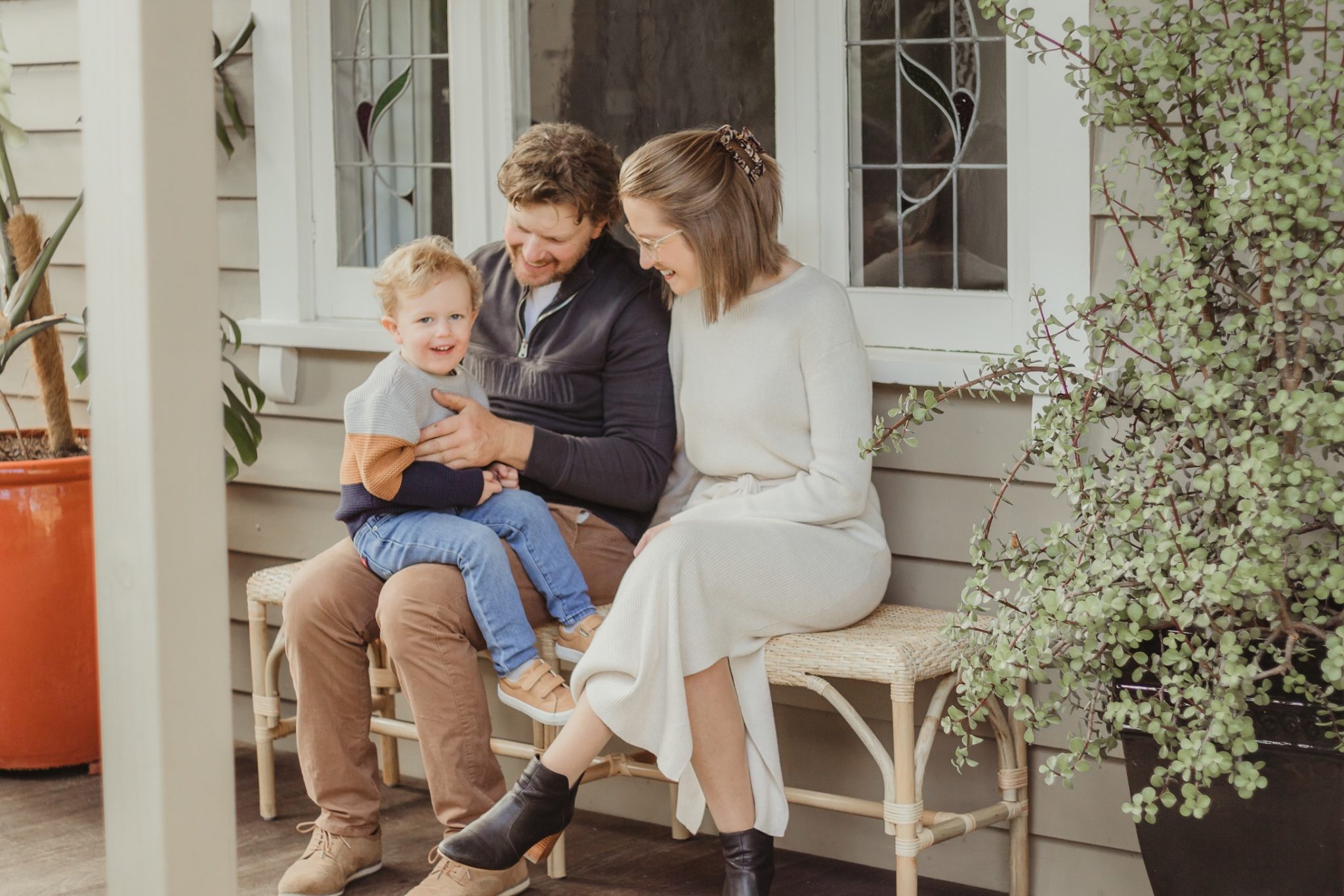One of the questions we get asked the most is, “What happens if a person dies without a Will?”
This issue was recently brought to light in the news, when singer-songwriter Prince Rogers Nelson’s (Prince) US$156 million estate distribution was determined by a Minnesota Court, six years after he died without a Will. Prince was not survived by a partner, parents or children, so under local laws his estate was divided evenly between his sister and five half-siblings. The six of them disagreed on what to do with his music rights and other assets, in the absence of any testamentary instructions from him, which led to a lengthy and costly legal dispute.
Not many estates involve anywhere near this magnitude of wealth or complexity, but you would still want to have a say in who manages your estate and who the beneficiaries will be.
What happens to my assets when I die?
When you die, the assets that you own in your personal name form what we call your ‘estate’.
Your estate can be dealt with in one of two ways: either in accordance with the terms of your Will, or in accordance with the law of Intestacy (if you don’t have a valid Will when you die).
Assets that are held in Trusts, including superannuation funds, and companies do not automatically form part of your estate, although they may be part of your broader estate plan.
What are ‘the laws of Intestacy’?
If you do not have a valid Will or your Will is incomplete, then legislation will determine who receives your unallocated estate assets. These legal provisions are known as the laws of Intestacy. Broadly, the law of Intestacy in Victoria provides:
| Family situation at date of death | Intestacy outcome |
| If you had a partner (spouse or de facto) and no children | Your partner will inherit your entire estate |
| If you had a partner and a child or children – all of whom were from that relationship | Your partner still receives all of your estate, and your child or children receive nothing |
| If you had a partner and a child or children – with at least one child from a previous relationship | Your partner receives all your personal belongings, the first $499,210.00 of your estate (from 1 July 2022, indexed each year) and 50% of the rest of your estate, if any. The remaining 50% of the balance is split equally between all of your children.
This means that if you have less than $500,000 worth of assets in your estate, your partner would inherit the whole of your estate (after expenses and debts are paid), leaving nothing for any children from a previous relationship. |
| If you did not have a partner at the time of your death but are survived by children | Your children receive your estate in equal shares. If any of your children have predeceased you, their children (your grandchildren) will inherit their parent’s share. |
| If you did not have a partner or children at the time of your death | If you are survived by any parents, your surviving parent/s receive your estate in equal shares.
If you are survived by any siblings but no parents, your sibling/s receive your estate in equal shares. |
| If you had no partner, children, parents or siblings who survive you | Your estate to pass in the following order: to your grandparents, your aunt(s) and uncle(s), or then to your cousins. |
Alarmingly for some, a couple that has separated but not divorced or formally completed their separation, will still be treated as partners under Intestacy law.
Will the government take my estate?
Under the current laws of Intestacy in Victoria, if none of the above situations apply and you leave behind no living relatives, then your estate will be paid to the Crown (i.e. the federal government).
What are the risks associated with not having a Will?
It is very common that the law of Intestacy does not reflect a person’s wishes and can result in the following issues after your death:
- You have no control over who is appointed to administer your estate;
- You have no control over who is appointed as Guardian of your minor children;
- Your children or grandchildren may not receive anything from your estate;
- You cannot make any gifts of personal effects to loved ones, or bequests to charity;
- Funds received from your estate may detrimentally impact beneficiaries who are in receipt of Centrelink benefits or who are an undischarged Bankrupt; and
- Your estate may not be distributed in the most tax effective manner.
Importantly, even if the intestacy outcome in the table is the outcome you intend for your Will, the process for a family member to obtain authority to represent the estate is more complex when there is no Will, as they have to provide details of the searches they have made for a Will and explain why they are the most suitable person/s to administer the estate.
What can I do to avoid this?
Having a Will puts you in control. You can decide who will manage and receive your estate (subject to limited exceptions).
With many ‘DIY Will Kits’ available, it’s important to understand that these very simple Wills may not cover your estate matters appropriately, which could lead to a partial or complete Intestacy or an older Will applying. These are commonly incorrectly completed and executed, and therefore will be invalid or create further legal issues on your death.
It is essential that you speak to a professional to ensure that your Will correctly conveys your wishes and is legally enforceable. In particular, if you have superannuation, interests in a business, Family Trusts or children from a previous relationship, you should obtain expert advice.
At Coulter Legal, we pride ourselves on providing tailored and comprehensive advice for your estate planning. We will ensure your Will is both legally compliant and effective, so that your loved ones do not have to face the uncertainty and expense of a mess being left behind.
If you require advice or further information in relation to any of the matters discussed in this article, please contact our Wills, Estates and Succession Planning team.











